Indigenous Governance Database
nation rebuilding
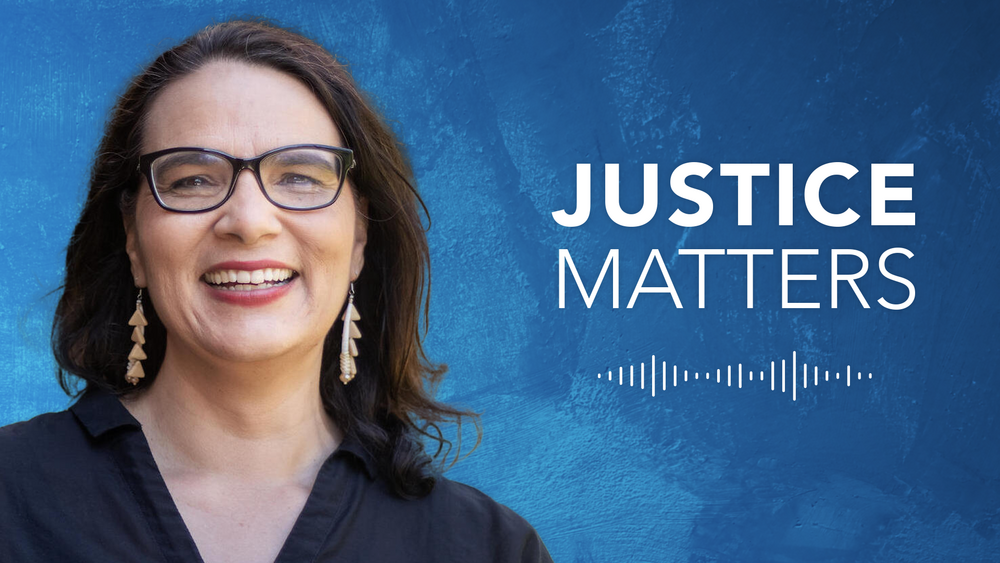
Justice Matters Podcast: (Re)Building Nations with Indigenous Governance | EP 79
On this episode of Justice Matters, co-host Mathias Risse speaks with Megan Minoka Hill, the Senior Director of the Project on Indigenous Governance and Development and the Director of the Honoring Nations program at the Harvard Kennedy School. The Project on Indigenous Governance and…
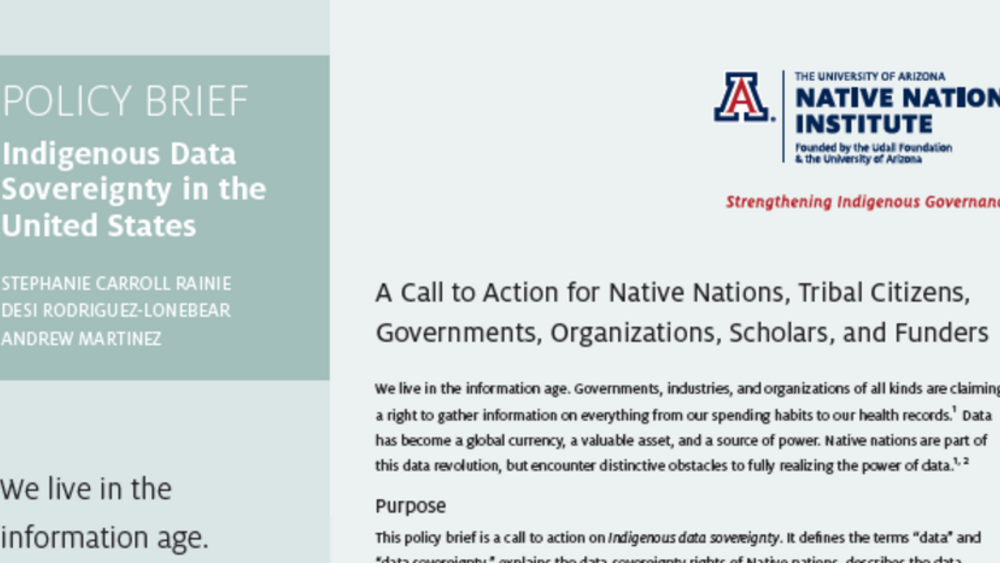
Policy Brief: Indigenous Data Sovereignty in the United States
We live in the information age. Governments, industries, and organizations of all kinds are claiming a right to gather information on everything from our spending habits to our health records. Data has become a global currency, a valuable asset, and a source of power. Native nations are part…
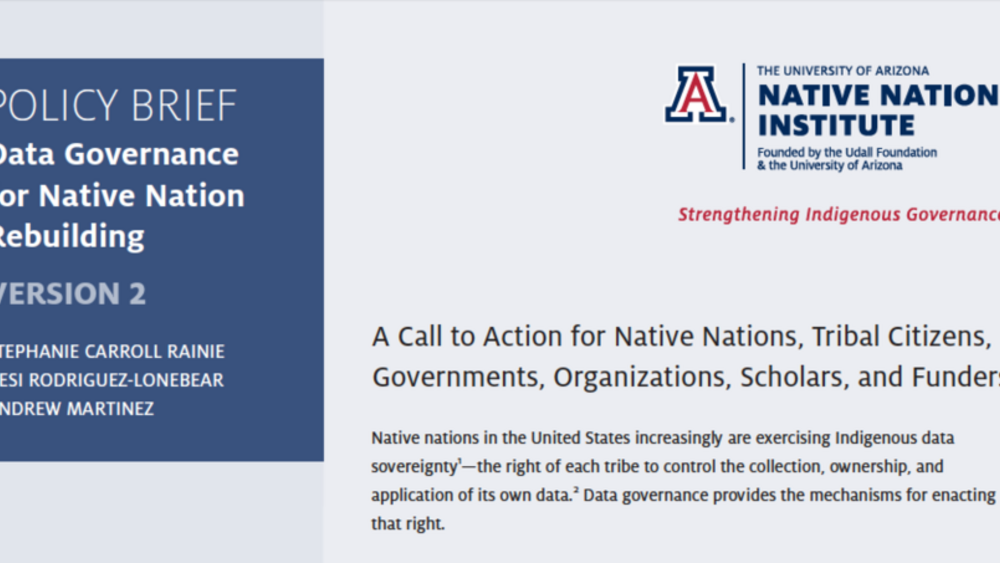
Policy Brief: Data Governance for Native Nation Rebuilding
Native nations in the United States are increasingly exercising Indigenous data sovereignty (ID-Sov)— the right of a nation to govern the collection, ownership, and application of its own data. While ID-Sov is the goal, data governance— the ownership, collection, control,…
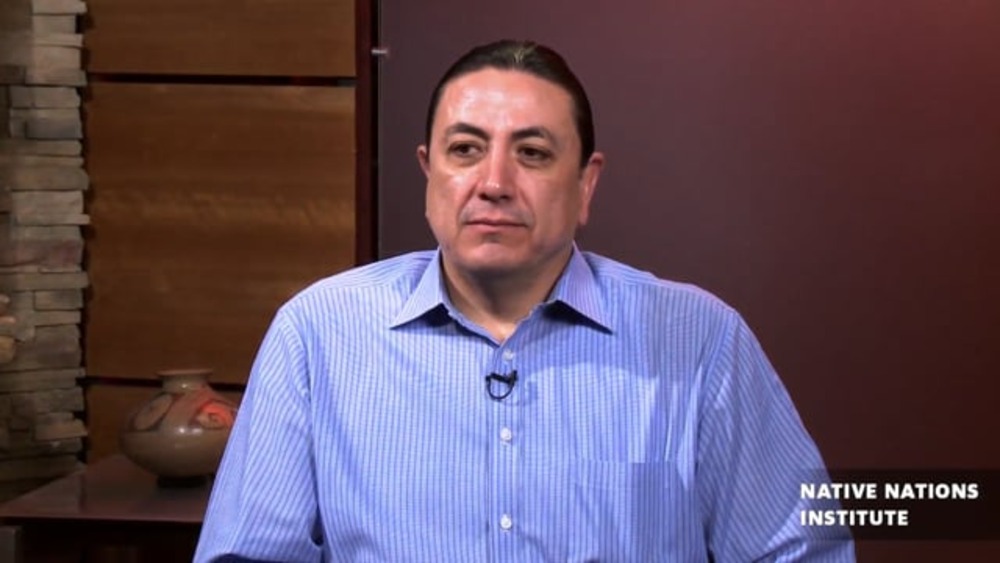
Chairman Dave Archambault II: Laying the Foundation for Tribal Leadership and Self-governance
Chairman Archambault’s wealth and breadth of knowledge and experience in the tribal labor and workforce development arena is unparalleled. He currently serves as the chief executive officer of one of the largest tribes in the Dakotas, leading 500 tribal government employees and overseeing an array…
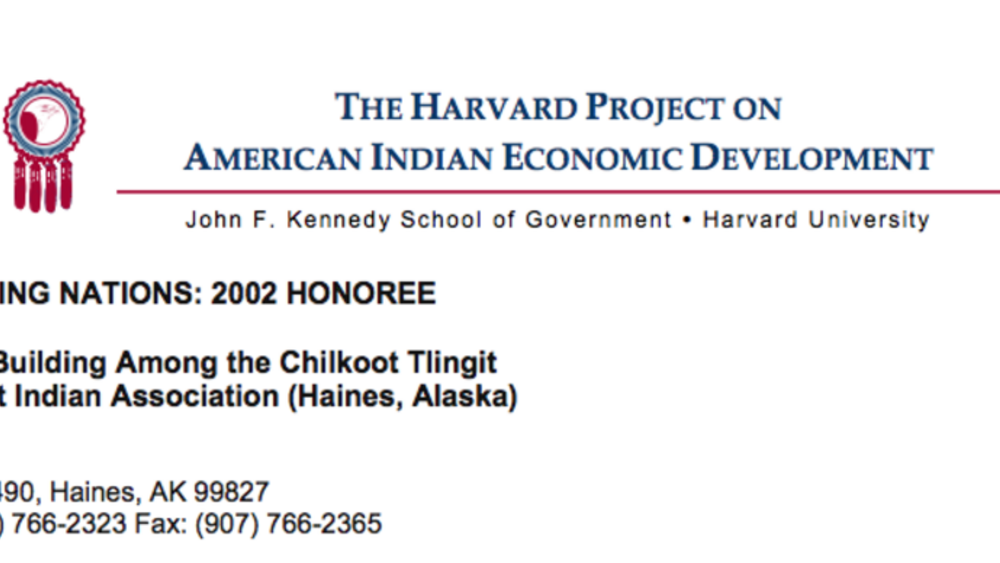
Chilkoot Tlingit "Nation Building"
Excluded by the Alaska Native Claims Settlement Act, the Chilkoot Tlingit are engaged in a process of nation-building. The process began in 1990 with the revival of their dormant tribal government, the Chilkoot Indian Association (CIA). From this institutional foundation, the 480-member CIA…
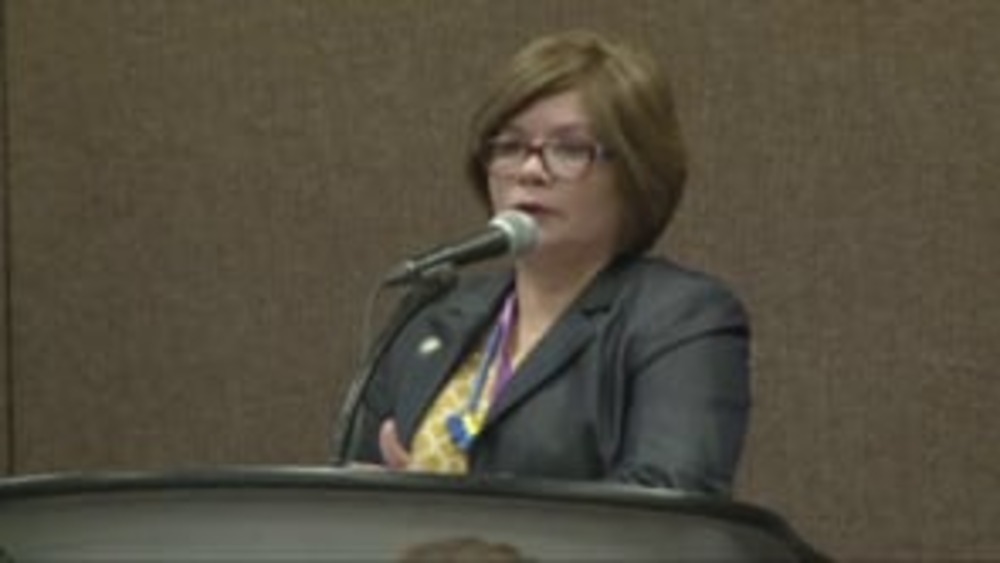
Patricia Riggs: The Role of Citizen Engagement in Nation Building: The Ysleta del Sur Pueblo Story
Patricia Riggs, Director of Economic Development for Ysleta del Sur Pueblo (YDSP), discusses how YDSP has spent the past decade developing and fine-tuning its comprehensive approach to engaging its citizens in order to identify and then achieve its nation-building priorities. This video resource…
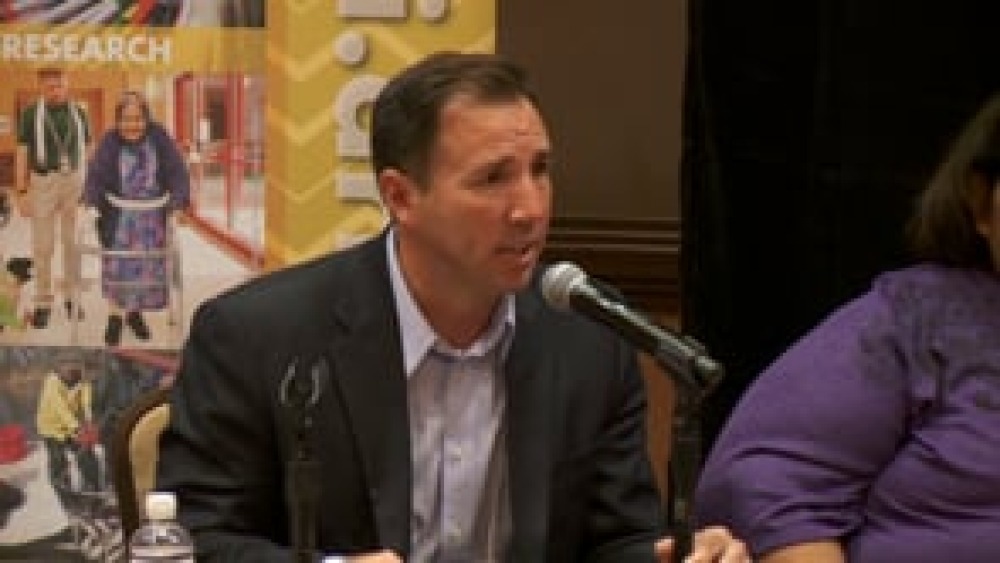
Catalina Alvarez and Robert McGhee: What I Wish I Knew Before I Took Office (Q&A)
Tribal leaders Catalina Alvarez (Pascua Yaqui Tribe) and Robert McGhee (Poarch Band of Creek Indians) field questions from seminar participants on an array of topics ranging from codes of ethics to creating mechanisms for transparent governance.
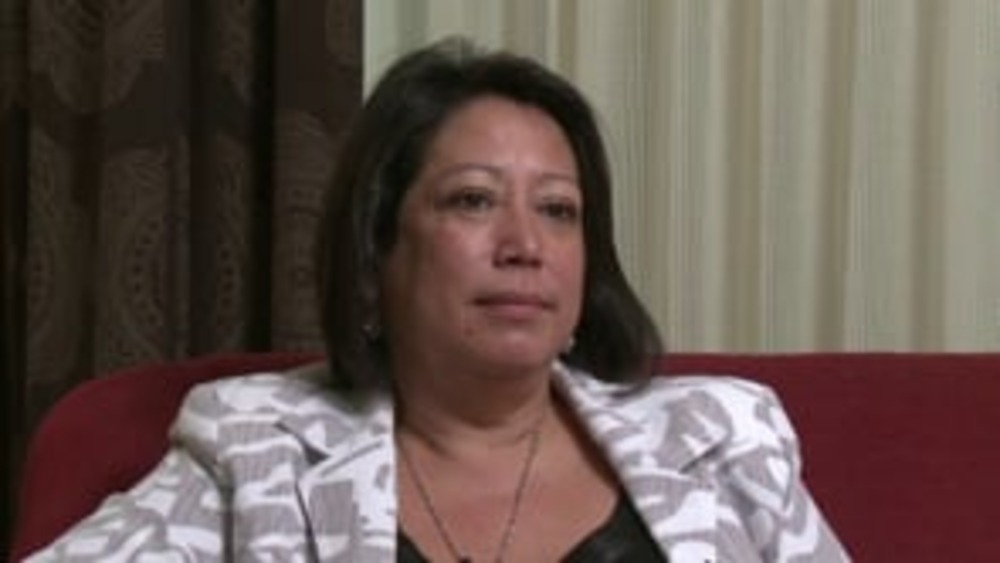
Angela Wesley: Huu-ay-aht First Nations' Forging of a New Governance System
Angela Wesley, Chair of Huu-ay-aht Constitution Committee, discusses the painstaking effort the Huu-ay-aht First Nations undertook to develop a new constitution and system of governance, and how they continue to work to turn the promise of self-governance embodied in their new constitution into…
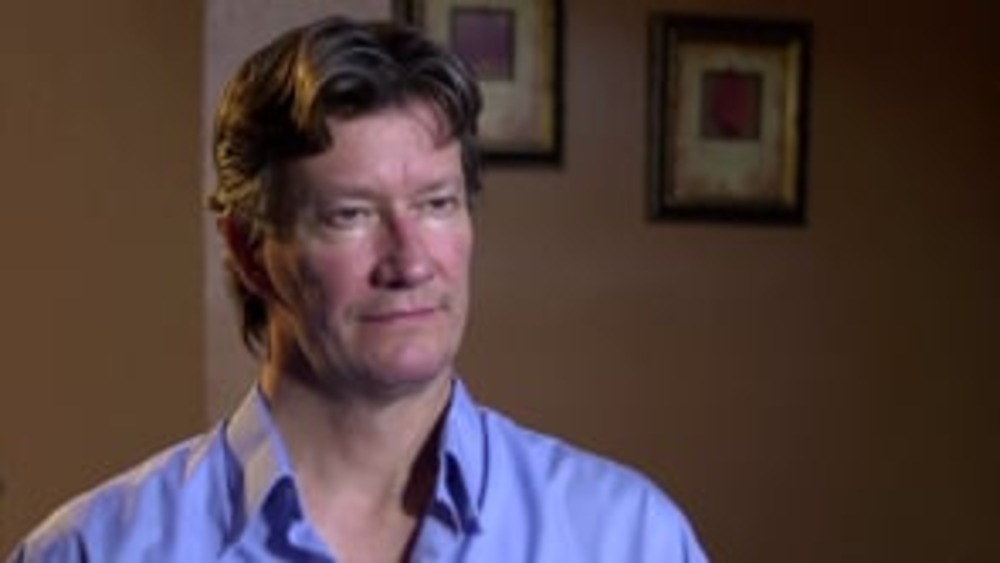
Chris Hall: Cultivating Constitutional Change at Crow Creek
Native Nations Institute's Ian Record conducted an informative interview with Chris Hall, a citizen of the Crow Creek Sioux Tribe and a member of Cohort 4 of the Bush Foundation's Native Nation Rebuilders program. Hall discusses Crow Creek's current effort to reform its constitution and the…
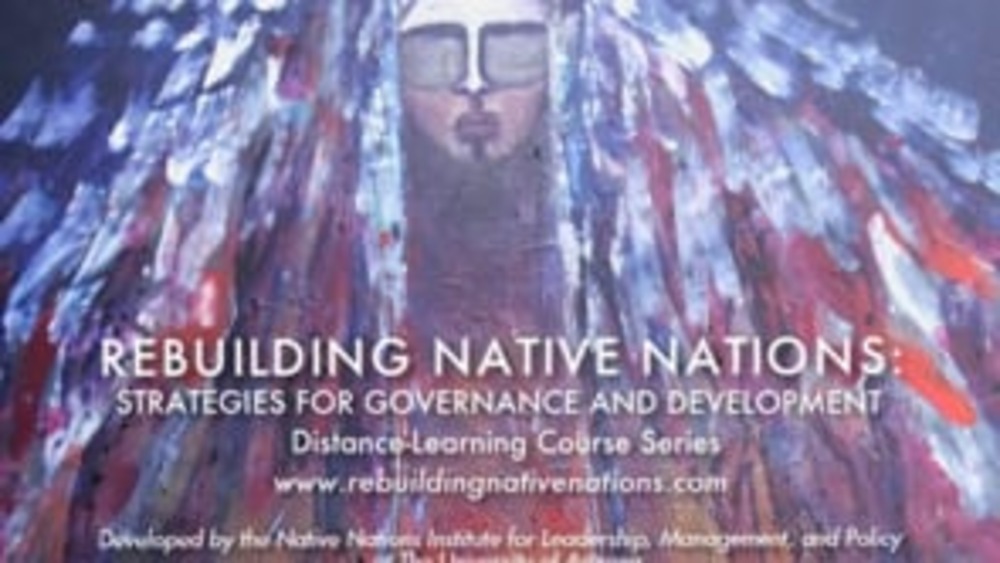
The Rebuilding Native Nations: Strategies for Governance and Development course series
This short video provides a comprehensive overview of NNI's "Rebuilding Native Nations: Strategies for Governance and Development distance-learning course series. The curriculum examines the critical governance and development challenges facing Native nations and surveys the breadth and…
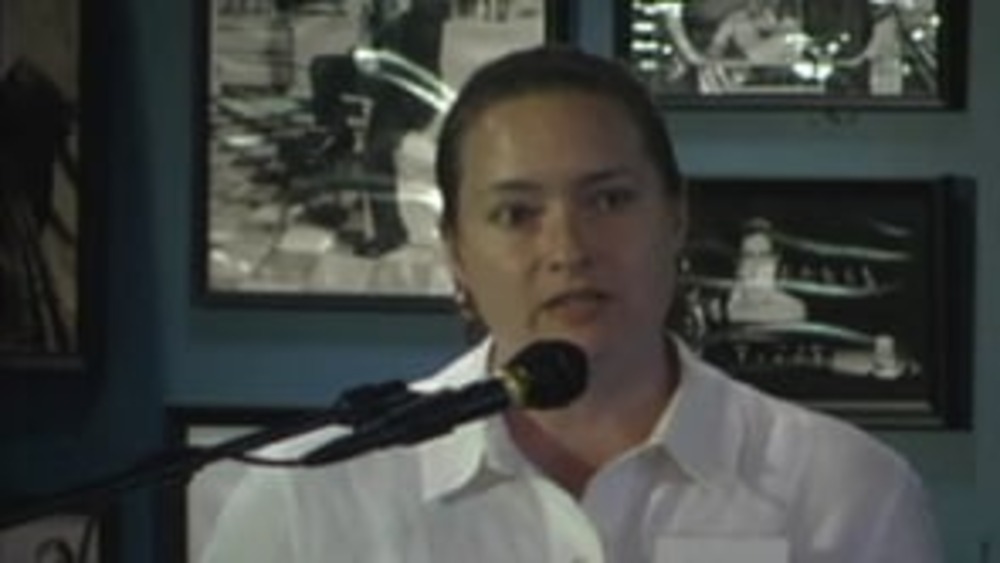
Honoring Nations: Miriam Jorgensen: Lessons to Take Home
NNI Research Director Miriam Jorgensen concludes the 2004 Honoring Nations symposium with her impressions about the lessons learned from the convening, from the great diversity among Native nations to the great strides they are taking when they devise their own solutions to the challenges they…
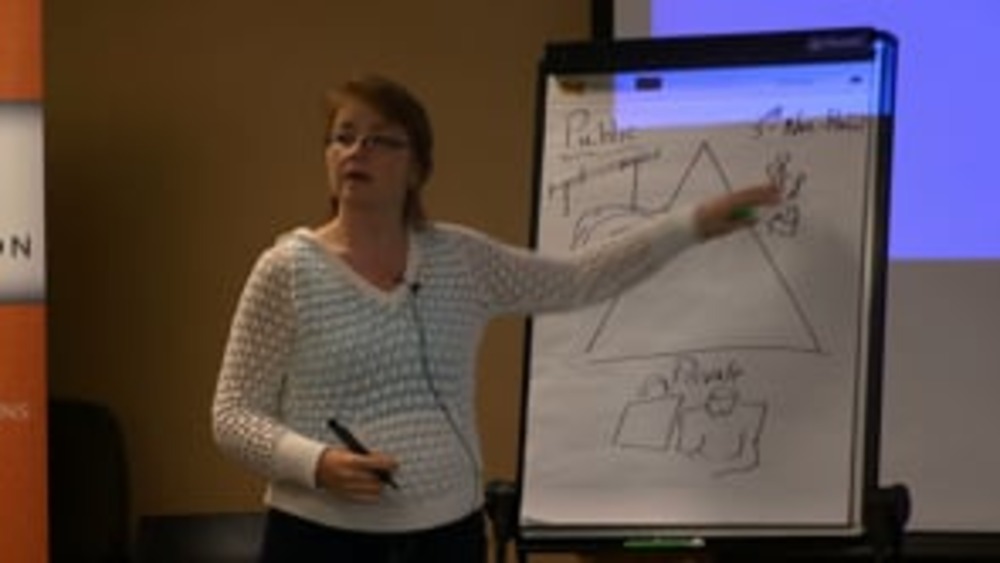
Lesley Kabotie: The Inherent Challenges of Building Reservation Economies
Lesley Kabotie (Crow), owner of Kabotie Consulting, provides an overview of the fundamental challenges facing Native nations as they work to rebuild their nations and communities through the development of diversified, sustainable economies on their lands. This video resource is featured on the…
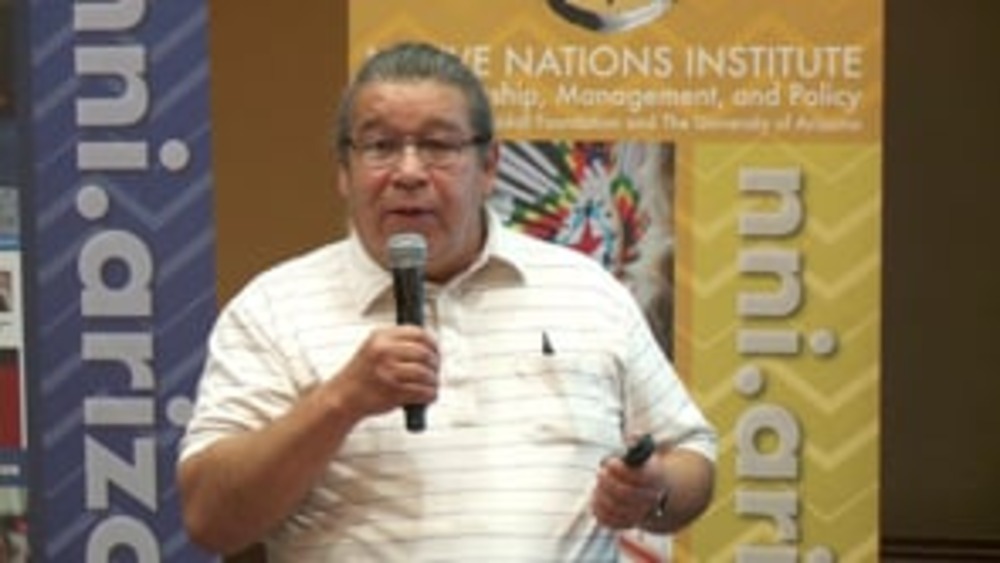
Richard Jack: Engaging the Nation's Citizens and Effecting Change: The Lac du Flambeau Story
Richard Jack, Chairman of the Constitution Committee of the Lac du Flambeau Band of Lake Superior Chippewa Indians, discusses some of the struggles that he and his fellow committee members have encountered as they engage the Lac du Flambeau people on the topic of constitutional reform and the need…
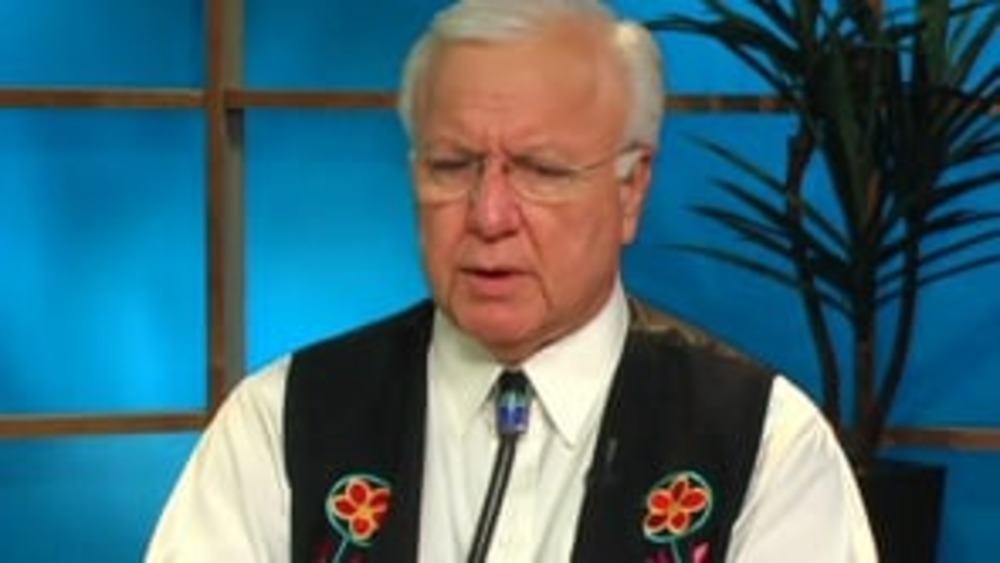
From the Rebuilding Native Nations Course Series: "Why are Some Native Nations More Successful than Others?"
Native leaders offer their perspectives on why some Native nations have proven more successful than others in achieving their economic and community development goals.
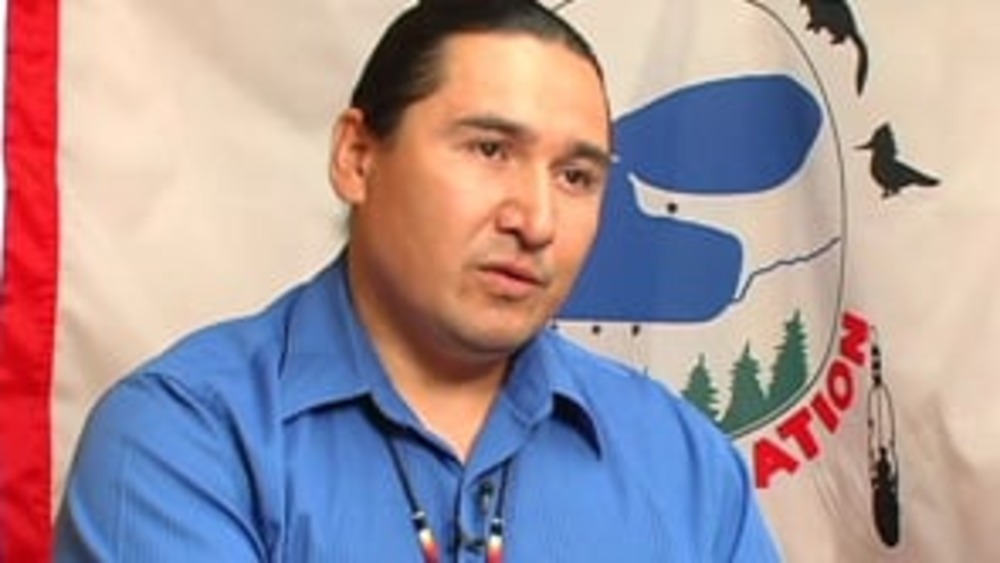
From the Rebuilding Native Nations Course Series: "Defining Sovereignty"
Native leaders offer their definitions of what sovereignty is and what it means for Native nations in the 21st century.
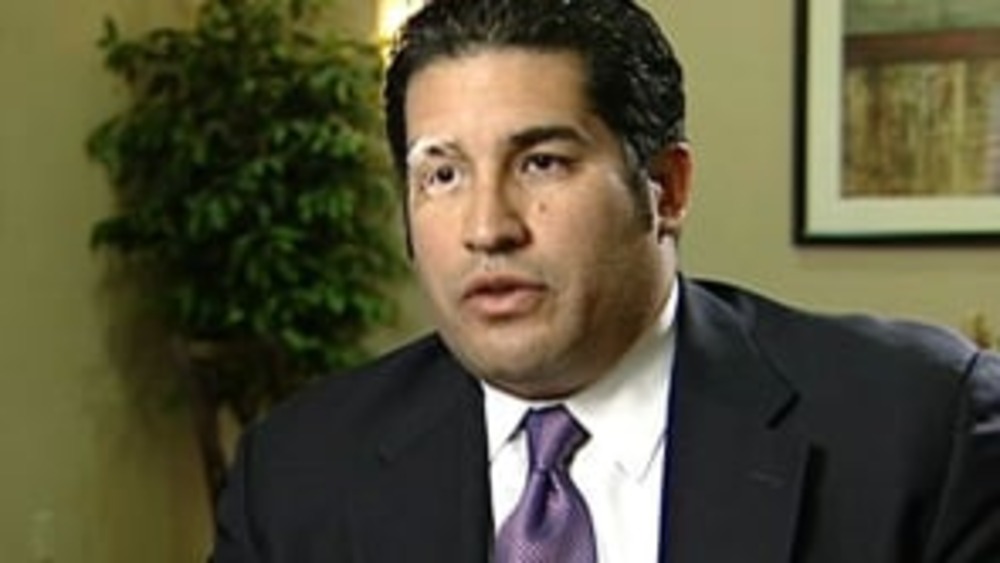
From the Rebuilding Native Nations (RNN) Course Series: "What is Nation Building?"
Native leaders define what nation building means to them, and what it entails for Native nations who are working to reclaim control over their own affairs and build vibrant futures of their own design.Learn about the RNN Course Series
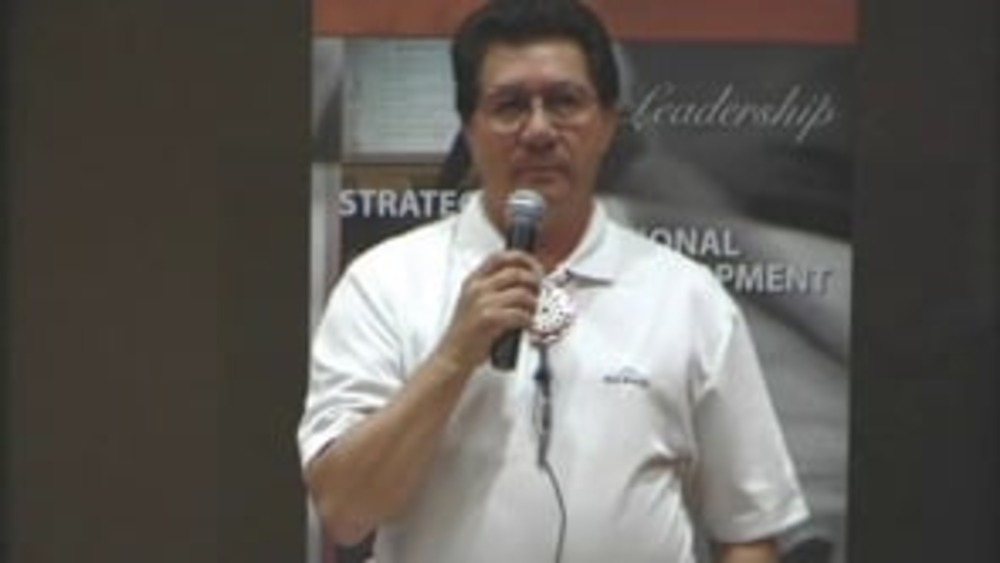
Michael K. Mitchell: What I Wish I Knew Before I Took Office
Mohawk Council of Akwesasne Grand Chief Michael K. Mitchell reflects on his role as a modern elected leader of his nation. Mitchell encourages small changes in terminology and ideology that in turn will change the community's mindset about nation rebuilding and what is possible.
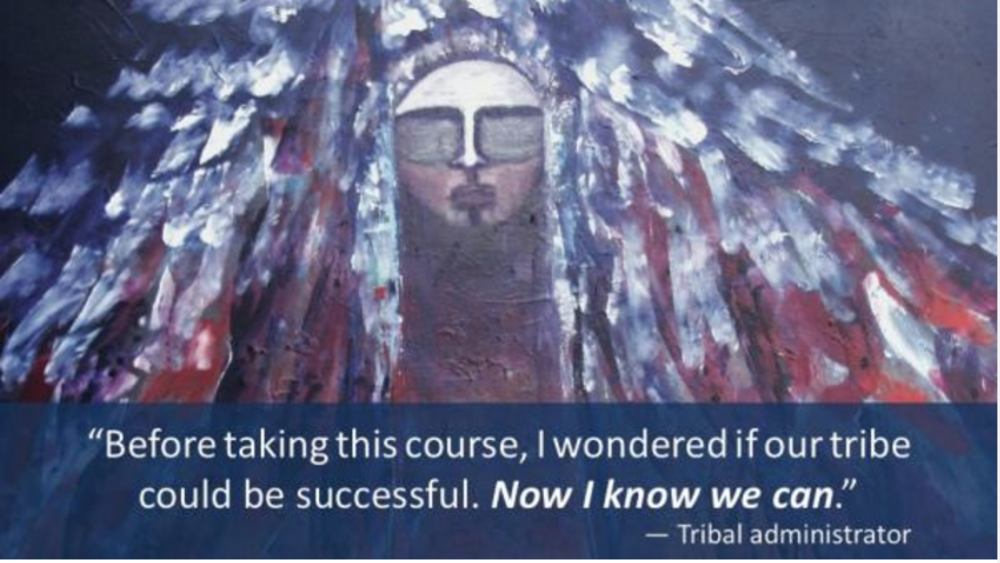
Rebuilding Native Nations Course: What I Learned
I had the opportunity to take the Rebuilding Native Nations Strategies for Governance and Development course offered by the Native Nations Institute at the University of Arizona. I was lucky enough to take the online course at no charge through an article I saw on ICTMN. The course costs $75 as of…
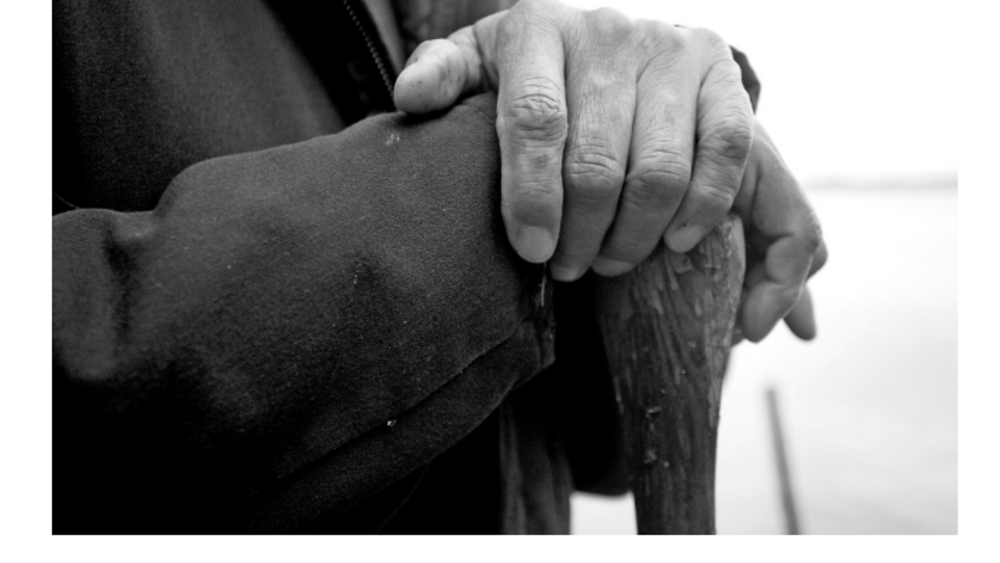
'We are getting stronger'
An economic, political and cultural renaissance is underway throughout Indian Country in the United States. It’s been going on for nearly a quarter-century. Whereas in the 1980s, economic growth on Indian reservations lagged far behind the rate of the U.S. economy, through the booming 1990s and the…

Rebuilding Native Nations Builds Leadership
The late Hopi leader Thomas Banyacya once said, “Do not look outside yourself for a leader.” That’s good advice for those with inherent leadership qualities. Now the Native Nations Institute for Leadership, Management, and Policy at the University of Arizona is offering an in-depth program to help…
